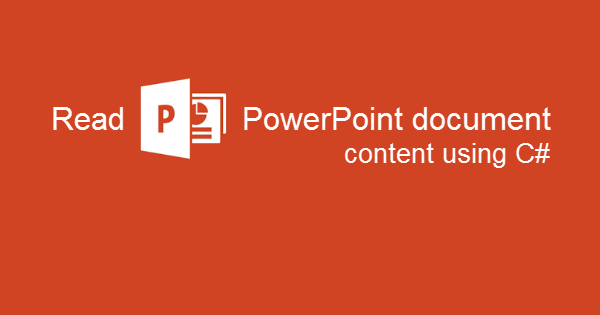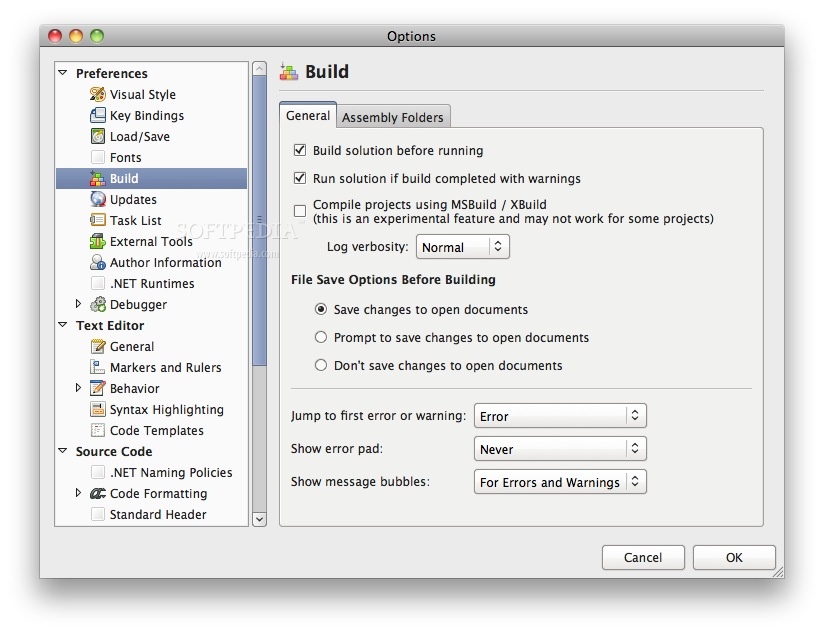C# Read All Text From File
C Library - C Library - C Library - C Library - C Library - C Library - C Library - C Library - C Library - C Library - C Standard Library Resources; C Library - Quick Guide; C Library - Useful Resources; C Library - Discussion; C. C programming language provides the following types of loops to handle looping requirements. Copy the code and paste it into a C# console application. If you are not using the text files from How to write to a text file, replace the argument to ReadAllText and ReadAllLines with the appropriate path and file name on your computer. The C Programming Language (sometimes termed K&R, after its authors' initials) is a computer programming book written by Brian Kernighan and Dennis Ritchie, the latter of whom originally designed and implemented the language, as well as co-designed the Unix operating system with which development of the language was closely intertwined. This is a list of operators in the C and C programming languages.All the operators listed exist in C; the fourth column 'Included in C', states whether an operator is also present in C. Note that C does not support operator overloading.
| Paradigm | imperative |
|---|---|
| Designed by | Simon Peyton Jones and Norman Ramsey |
| First appeared | 1997 |
| Typing discipline | static, weak |
| Website | https://www.cs.tufts.edu/~nr/c--/index.html |
| Influenced by | |
| C | |
C-- (pronouncedcee minus minus) is a C-like programming language. Its creators, functional programming researchers Simon Peyton Jones and Norman Ramsey, designed it to be generated mainly by compilers for very high-level languages rather than written by human programmers. Unlike many other intermediate languages, its representation is plain ASCII text, not bytecode or another binary format.[1][2]
There are two main branches of C--. One is the original C-- branch, with the final version 2.0 released in May 2005.[3] The other is the Cmm fork actively used by the Glasgow Haskell Compiler as its intermediate representation.[4] Pink panther game free download for pc full version.
Design[edit]
C-- is a 'portable assembly language', designed to ease the task of implementing a compiler which produces high quality machine code. This is done by having the compiler generate C-- code, delegating the harder work of low-level code generation and optimisation to a C-- compiler.
Work on C-- began in the late 1990s. Since writing a custom code generator is a challenge in itself, and the compiler back ends available to researchers at that time were complex and poorly documented, several projects had written compilers which generated C code (for instance, the original Modula-3 compiler). However, C is a poor choice for functional languages: it does not guarantee tail call optimization, or support accurate garbage collection or efficient exception handling. C-- is a simpler, tightly-defined alternative to C which does support all of these things. Its most innovative feature is a run-time interface which allows writing of portable garbage collectors, exception handling systems and other run-time features which work with any C-- compiler.
The language's syntax borrows heavily from C. It omits or changes standard C features such as variadic functions, pointersyntax, and aspects of C's type system, because they hamper certain essential features of C-- and the ease with which code-generation tools can produce it.
The name of the language is an in-joke, indicating that C-- is a reduced form of C, in the same way that C++ is basically an expanded form of C. (In C-like languages, '--' and '++' are operators meaning 'decrement' and 'increment'.)
The first version of C-- was released in April 1998 as a MSRA paper,[1] accompanied by a January 1999 paper on garbage collection.[2] A revised manual was posted in HTML form in May 1999.[5] Two sets of major changes proposed in 2000 by Norman Ramsey ('Proposed Changes') and Christian Lindig ('A New Grammar') lead to C-- version 2, which was finalized around 2004 and officially released in 2005.[3]


Type system[edit]
The C-- type system is deliberately designed to reflect constraints imposed by hardware rather than conventions imposed by higher-level languages. In C--, a value stored in a register or memory may have only one type: bit vector. However, bit vector is a polymorphic type and may come in several widths, e.g., bits8, bits32, or bits64. A separate 32-or-64 bit family of floating-point types is supported. In addition to the bit-vector type, C-- also provides a Boolean type bool, which can be computed by expressions and used for control flow but cannot be stored in a register or in memory. As in an assembly language, any higher type discipline, such as distinctions between signed, unsigned, float, and pointer, is imposed by the C-- operators or other syntactic constructs in the language.
C-- version 2 removes the distinction between bit-vector and floating-point types. Programmers are allowed to annotate these types with a string 'kind' tag to distinguish, among other things, a variable's integer vs float typing and its storage behavior (global or local). The first part is useful on targets that have separate registers for integer and floating-point values. In addition, special types for pointers and the native word is introduced, although all they do is mapping to a bit vector with a target-dependent length.[3]:10 C-- is not type-checked, nor does it enforce or check the calling convention.:28
Implementations[edit]
The specification page of C-- lists a few implementations of C--. Lowes deck designer windows 10. The 'most actively developed' compiler, Quick C--, was abandoned in 2013.[6]
Haskell[edit]
A C-- dialect called Cmm is the intermediate representation for the Glasgow Haskell Compiler.[7] GHC backends are responsible for further transforming C-- into executable code, via LLVM IR, slow C, or directly through the built-in native backend.[8]
Some of the developers of C--, including Simon Peyton Jones, João Dias, and Norman Ramsey, work or have worked on the Glasgow Haskell Compiler. Work on GHC has also led to extensions in the C-- language, forming the Cmm dialect. Cmm uses the C preprocessor for ergonomics.[4]
Despite the original intention, GHC does perform many of its generic optimizations on C--. As with other compiler IRs, GHC allows for dumping the C-- representation for debugging.[9] Target-specific optimizations are, of course, performed later by the backend.
See also[edit]
References[edit]
- ^ abNordin, Thomas; Jones, Simon Peyton; Iglesias, Pablo Nogueira; Oliva, Dino (1998-04-23). 'The C– Language Reference Manual'.Cite journal requires
|journal=(help) - ^ abReig, Fermin; Ramsey, Norman; Jones, Simon Peyton (1999-01-01). 'C–: a portable assembly language that supports garbage collection'.Cite journal requires
|journal=(help) - ^ abcRamsey, Norman; Jones, Simon Peyton. 'The C-- Language Specification, Version 2.0'(PDF). Retrieved 11 December 2019.
- ^ abGHC Commentary: What the hell is a .cmm file?
- ^Nordin, Thomas; Jones, Simon Peyton; Iglesias, Pablo Nogueira; Oliva, Dino (1999-05-23). 'The C– Language Reference Manual'.
- ^'C-- Downloads'. www.cs.tufts.edu. Retrieved 11 December 2019.
- ^'An improved LLVM backend'.
- ^GHC Backends
- ^Debugging compilers with optimization fuel
External links[edit]
- Archive of old official website (cminusminus.org)
- Quick C-- code archive (the reference implementation)

- The C Standard Library
- C Standard Library Resources
- C Programming Resources
- Selected Reading
Description
The C library function void *memset(void *str, int c, size_t n) copies the character c (an unsigned char) to the first n characters of the string pointed to, by the argument str.
Declaration
Following is the declaration for memset() function.
Parameters
str − This is a pointer to the block of memory to fill.
c − This is the value to be set. The value is passed as an int, but the function fills the block of memory using the unsigned char conversion of this value.
n − This is the number of bytes to be set to the value.
Return Value
This function returns a pointer to the memory area str.
Example
The following example shows the usage of memset() function.
C# Read All Lines From Text File
Let us compile and run the above program that will produce the following result −
C# Read All Text From File To String
